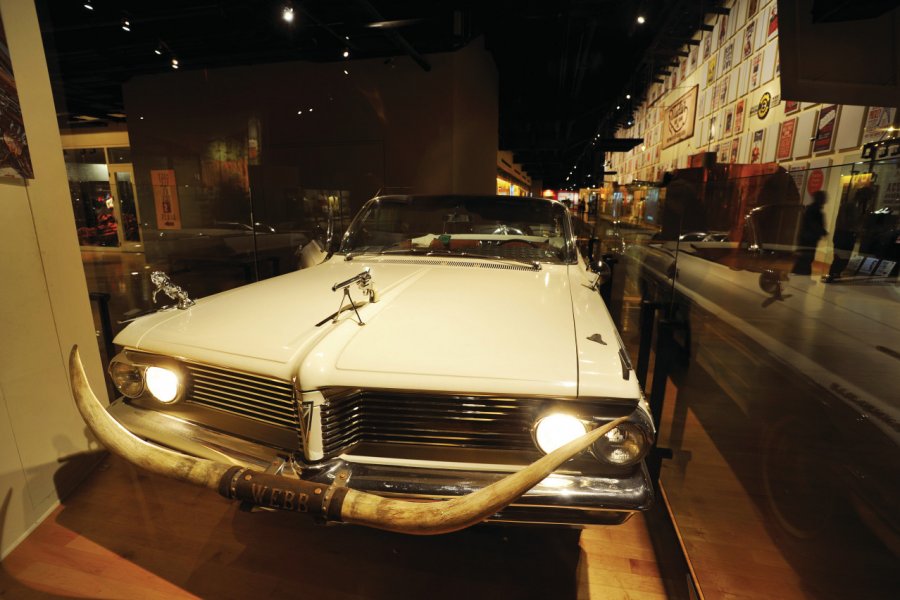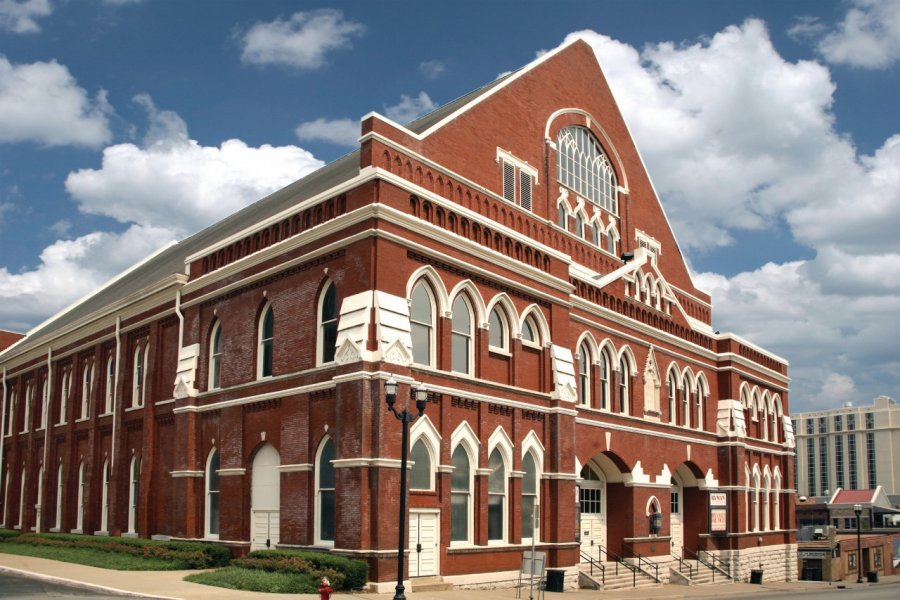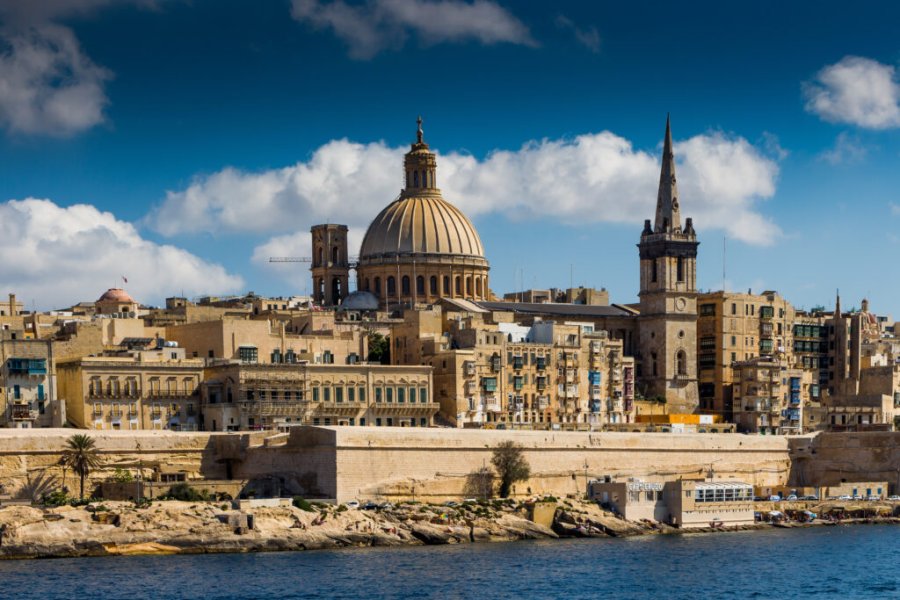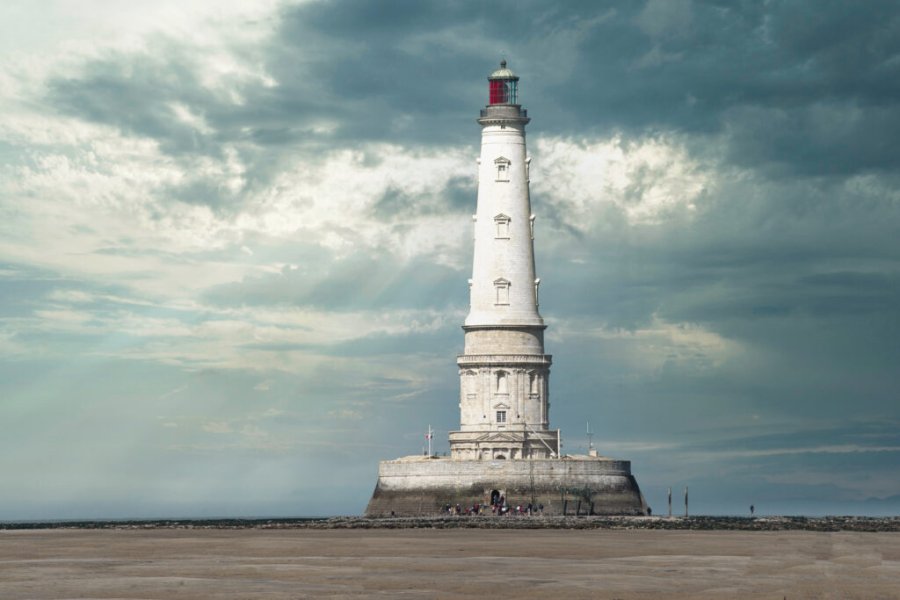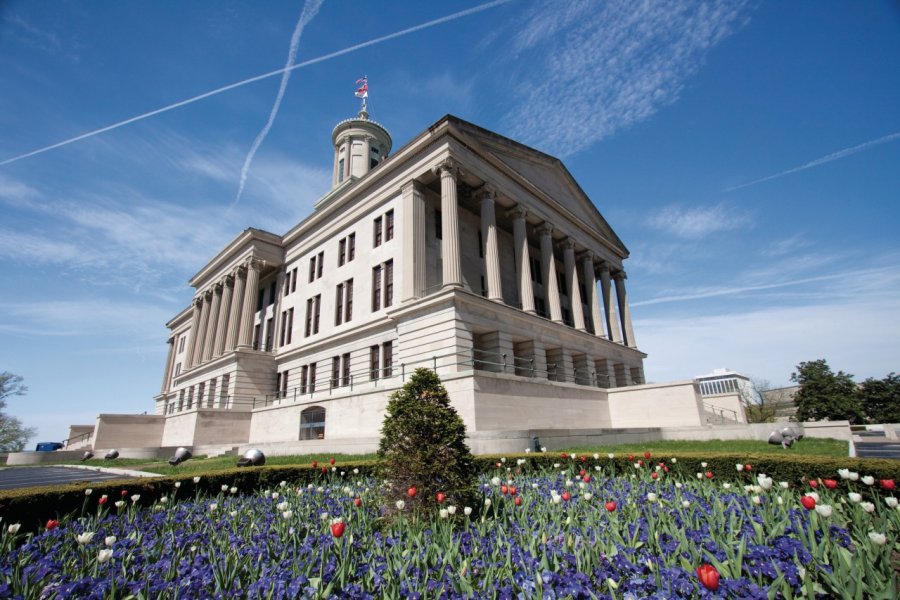Travel Guide Nashville
Find an accommodation
Advertising
Nashville is the capital of Tennessee. It is located in the north center of the state, in Davidson County, along the Cumberland River. With nearly 1,600,000 inhabitants in its urban area and 678,000 intra-muros residents, it is the first agglomeration of Tennessee.Nashville is known for its music industry, mainly country-oriented and bluegrass. A story that began here in the mid -1920 s, with the success of the WSM Barn Dance radio show, which will become The Grand Ole Opry, and then in 1942 with Acuff-Rose Music, the first major country music publishing company in Nashville. It will take 1967 to see the opening of Country Music Hall of Fame and Museum. In the meantime, great artists such as Bill Monroe (1911-1966), Lester Flatt (1914-1979), Elvis Presley (1935-1977), Roy Orbison (1936-1988) or Johnny Cash (1932-2228) 003) will come to occur or record their successes.Today, Nashville has replaced New York as the first center of the American music industry. All great rock and country artists continue to go there to register and sign contracts, and the heart of the city vibrates with their music. In addition to its lively downtown, the city has a business center with large design skyscrapers, several arts and cultural centers, such as the Schermerhorn Symphony Center, inaugurated in 2006, and important sports facilities such as the Nashville Arena, which has been hosting the Nashville Arena in 1996. Ashville Predators, or the Nissan Stadium, a huge American football stadium of 69,143 places built in 1999, or evolve the Titans and Tigers.Major annual events include the Tin Pan South Songwriters Festival (April), the Nashville Pride (June), the CMA Music Festival (June), the Americana Music Festival (September), the Southern Ground Music & Food Festival (September), and the CMA Awards (November).HistoryNashville was founded in 1779 by James Robertson and John Donelson as Fort Nashborough, in tribute to General Francis Nash (1742-1777), a hero of the War of Independence. The area then belongs to North Carolina.In 1784, Nashville officially received the status of town (commune or bourgade in French). Located at the extreme north of the Natchez Trace, it develops as an important cotton center which, thanks to its harbor on the river (and later on its railway line), quickly becomes the shopping center of the entire region.In 1796, Nashville was admitted to the Union as a State of Tennessee, and in 1806 Nashville moved from town to city.On October 7, 1843, the city became the capital of Tennessee, successor to Kingston (which was only one day), Knoxville and Murfreesboro.On June 24, 1861, Tennessee was the last state to claim secession. Held by the Confederates, Nashville becomes a major supply deposit and priority target for the Union. On December 15, 1864, the Battle of Nashville was launched against the Confederate Army of Tennessee, under Lieutenant General John Bell Hood, to the forces of the Union, led by Major General George H. Thomas. The Confederates lost the battle on December 16 and withdrew south of Tennessee River. The city subsequently collected a large number of refugees.In 1866, a few months after the end of the Civil War, the inauguration of Fisk University was held, a free university for black youth. In 1871, the same university saw the first group of Fisk Jubilee Singers, a group of African-American students who began vast global tours.In 1892, the Union Gospel Tabernacle, which became the Ryman Auditorium, was built.The Tennessee Centennial and International Exhibition took place in 1897, a great show celebrating the 100 years of Tennessee's entry into the Union. A perfect replica of the Parthenon represented Nashville. The building is now in Centennial Park.In 1925, the WSM radio station was created. She broadcasts WSM Barn Dance, which will take the name The Grand Ole Opry in 1927.In 1942, Roy Acuff (1903-1992) founded with Fred Rose (1898-1954) the first major country music publishing company in Nashville: Acuff-Rose Music.In 1943, The Grand Opry moved to the Ryman Auditorium (2,362 squares), the only room capable of hosting spectators from the radio show as well.In December 1945, Bill Monroe's Blue Grass Boys introduced the banjo into his musical repertoire during a concert at Ryman Auditorium. Success is stunning and Bluegrass Country Music was born.1949 saw the creation of Southern Plastics, which became United Record Dry, America's largest vinyl manufacturer.In 1957, Nashville became one of the centers of the civil rights movement (with large student demonstrations in the following years). The same year, the first skyscraper in Nashville, the Life & Casualty Tower (30 floors and 125 meters), is opened.In 1967, Country Music Hall of Fame and Museum opened at the corner of Music Square East and Division Street.In 1970, NSAI (Nashville Songwriters Association International) was created, with Lorene Mann (1937-2013) as co-founder.In 1974, The Opry program was moved to the brand new Opry House Grand Ole (4,400 squares) in the northeast suburbs of the city.In 1994, the AT & T building (33 floors and 188 m high), commonly known as Batman Building for its two antennas on both sides of the summit, was opened in the city center.In 1996, the Nashville Arena opened its doors. It will become Bridgestone Arena in 2010, after being successively renamed Gaylord Entertainment Center and then Summit Center.In 1999, the Adelphi Coliseum was inaugurated. It will host the CMA Music Festival from 2001. It will change the first time in 2002 (Coliseum) to become the LP Stadium in 2006 and then Nissan Stadium in 2015.2001. Country Music Hall of Fame and Museum is transferred to the city center (current address).2003. The John Seigenthaler Pedestrian Bridge, still nicknamed Shelby Street Bridge, becomes pedestrian. Symbol of Nashville, it was built in 1909 and crosses the Cumberland River over 960 meters.2006. Opening of the Schermerhorn Symphony Center.2010. On May 1 and 2, a major flood severely damages Nashville and the region. Cumberland River has reached a level never seen since 1937. The same year, the Pinnacle at Symphony Place (29 floors and 127 m high) is opened. Although only 4 th tower of Nashville by its height, it stands out by its unique glass architecture inspired by the first skyscrapers.2013-2015. The city continues its development, including the construction of new major hotels in the city center, the opening of the Johnny Cash Museum and the impressive City Music Center convention center. A new free and environmentally friendly bus line serves the city center: The Music City Circuit.The city todayWith 190 recording studios and 130 music publishers, Nashville is the largest center of the country music and music industry in the United States. Despite the very attractive tourist showcase represented by this market, health is the main economic sector in the region. Nashville and its surroundings are the seat of over 250 health companies, including the Hospital Corporation of America, the largest private hospital operator in the world. This industry brings $ 70 billion a year and offers 210,000 jobs to the region. The education sector is also very active in the city's economic life, so Nashville has several major universities, such as Tennessee State University, Fisk University, Belmont University, Lipscomb University, and the prestigious Vanderbilt University.
What to visit Nashville?
Advertising
Weather at the moment
Advertising
Organize your trip with our partners Nashville
Transportation
Book your plane tickets
Car Rental
Boat rental
Accommodation & stays
Find a hotel
Holiday rental
Find your campsite
Tailor-made trip
Immersion travel
Services / On site
Activities & visits
Find a doctor
